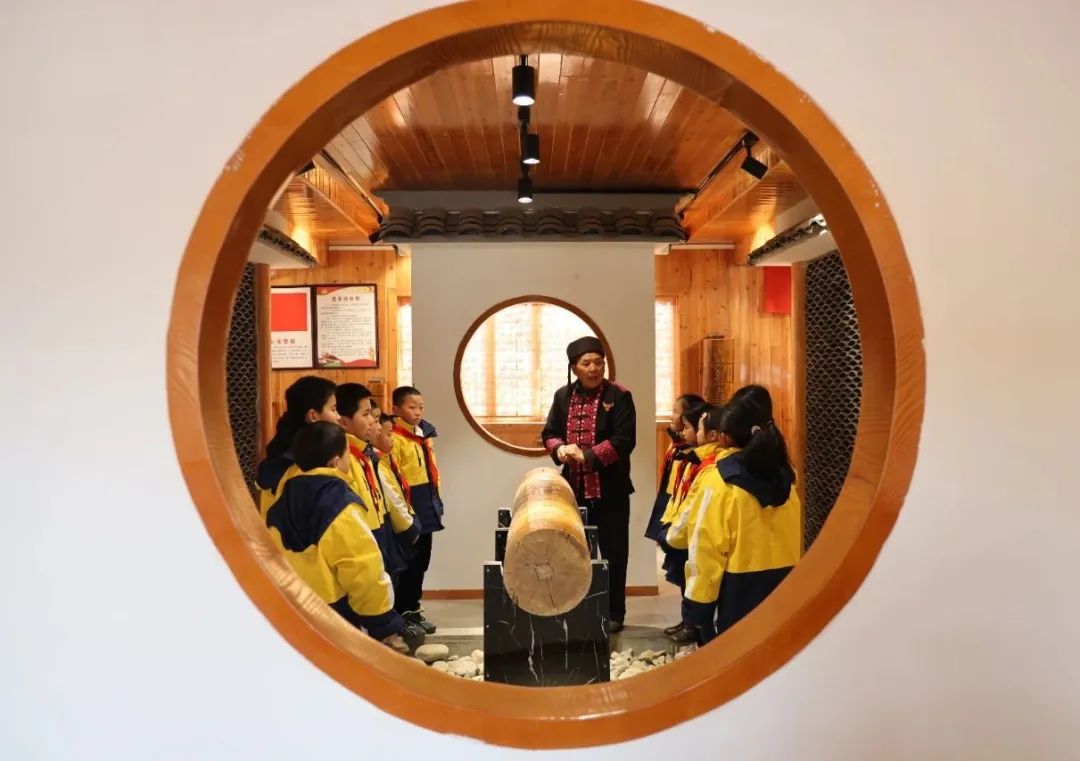- Profile Jurisdictions GOV DEPARTMENTS Cultures Travelling Educate
-
Shibing County is located in the central-eastern part of Guizhou Province, in the northwestern part of Qiandongnan Prefecture, at the junction of Qiandongnan, Tongren, and Zunyi. The county is named after the Ba Shi Mountain and Bing River, hence the name “Shibing.” The county covers an area of 1,531.85 square kilometers, comprising 5 towns, 3 townships, 64 administrative villages, and 12 communities, home to 19 ethnic groups including Han, Miao, Dong, Bouyei, and Tujia.

According to historical records, Shibing County was first mentioned in written records in the 20th year of the Zhi Yuan era (1283), making it one of the earliest counties in Guizhou with documented history. The county was officially established during the 9th year of the Zheng Tong era of the Ming Dynasty. In November 1949, Shibing was liberated. In 1956, it was transferred from the Zhenyuan Prefecture to the Qiandongnan Miao and Dong Autonomous Prefecture. In 1958, Shibing County was abolished and merged into Huangping and Jianhe counties. In 1962, Shibing County was reestablished and has since been under the jurisdiction of the Qiandongnan Miao and Dong Autonomous Prefecture.
Shibing County has been awarded titles such as World Natural Heritage Site, National Scenic Area, National Geopark, National Key Ecological Function Zone, National Water Conservancy Scenic Area, National Forest Tourism Demonstration County, Ecological Sports National Park, and Guizhou Province Garden County. It features two National 4A-level Scenic Areas—Yuntai Mountain and Shanshu River—and three National 3A-level Scenic Areas: Urban Forest Health Resort Base, Gao Bi Farmland, and Shangyang River. It is an ideal destination for tourism, leisure, and vacation.

Shibing County has established five provincial-level high-efficiency agricultural demonstration zones, with a constant annual cultivation area of over 120,000 mu for traditional Chinese medicinal herbs. The annual output of太子参 accounts for one-third of the national total, and the county has built the largest national trading market for太子参, with an annual trading volume accounting for approximately 70% of the national total, earning it the reputation of “China's太子参 Hometown.” The county is fully committed to developing a high-quality livestock industry with an annual output target of 150,000 pigs and to building a “Taro Capital” with an annual planting target of 20,000 mu of taro. The county is rich in land, water, mineral, and biological resources.
The Shanghai-Kunming Railway, Xiang-Qian Highway, Yu-Kai Expressway, and San-Shi Expressway traverse the county. It is a 15-minute drive from Kaili Huangping Airport and approximately one hour by car from the San-Sui Station and Kaili South Station of the Shanghai-Kunming High-Speed Railway. Upon the completion of the Guiyang-Huangping Expressway, the county will be within a 1.5-hour economic circle of Guiyang and Zunyi.

Shibing County has been honored with the titles of “National Science Popularization Demonstration County,” “Provincial Civilized City,” and “Provincial Hygienic County.” It has successfully established itself as a provincial-level model county for ethnic unity and progress. The county is currently actively working toward becoming a national-level civilized city and a national-level model county for ethnic unity and progress. The county boasts a rich and diverse ethnic culture with strong ethnic traditions. The Miao ethnic group's “carving art” has been listed as a national-level intangible cultural heritage.
contact details
Tel:00-86-0855-4221462
Address:No. 90, Wenhua Street, Chengguan Town, Shibing County
Working hours:Monday to Friday, 08:30-12:00 a.m. and 14:00-17:30 p.m. (excluding national holidays)
